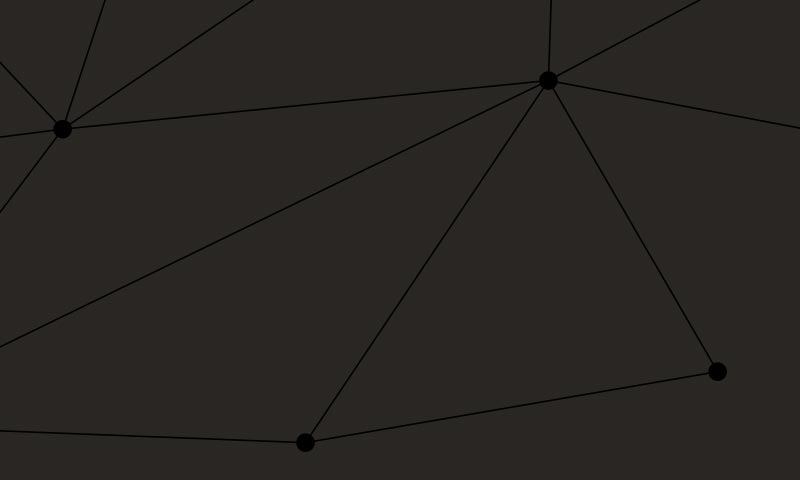
A few weeks ago (Oct 18 2011) our database analysis revealed the grim truth (based on more than 20 000, 24 hour measurements). Finns have their poorest recovery during the weekend (Firstbeat News 28.9.), exactly when we should be recovering and charging our batteries! The results showed that our stress levels increase and sleep quality worsens over the weekend, when compared to weekdays. This has resulted in a lot of discussion and I’ve been trying to draw some conclusions and come up with good answers, both from the viewpoint of an exercise physiologist /wellness specialist and a woman in her 40s with family and a busy full-time job. To make the discussion less theoretical, I decided to put myself to the test and see what my weekends really look like!
Of course I have measured myself a lot over the past years – comes with the job – and I had a fairly good idea of what my typical days look like. During my current test, I didn’t try to live an unrealistically perfect life; instead, I wanted to document my reality and pay special attention to how I felt and what I did – the positives and the negatives. The Bodyguard has been my weekend companion on several weekends now and here are some observations.
It is NOT easy for a busy mother of 2 to recover over the weekend!! There are a lot of things to do that you don’t have time to do during the week… it’s easy to get exasperated and “own” time / good balance between stress and recovery can seem like a distant dream. For me, I try to make compromises based on my ranking of likes and dislikes. Shopping and supermarkets are not my scene, so either I will have my husband do the shopping or pick up the necessities in the small neighborhood store even if it costs a few extra euros. I’ve also come to accept a certain amount of chaos in the house, especially if I need to rank washing the windows or cleaning the closets vs. getting my exercise in and having some time to relax… For someone else, the way to decrease their load might be to get some help with the weekly house cleaning, or an hour of yoga.
Physiologically even the good things can look like stress in the report, so we have to reflect on what we did and understand the concept of good and bad stress. For me, a couple of hours of baking was good fun on a Saturday, but the focus and alertness that it took (to make sure I didn’t burn the pies!) kept my heart rate elevated and showed up as “stress” in the report. Another delightful Saturday last weekend: a short hike, a few hours of somewhat strenuous, but non-stressful yard work, followed by a relaxing (but physiologically stimulating) sauna … and afterwards several hours of relaxing, including a short nap and the family favorite, Premier league football on TV. However, the few hours of light physical activity, followed by the sauna, followed by the exciting events on the football pitch caused my body to be physiologically activated and the stress report looked “red” again, despite my ranking of this day as a fairly perfect day-off. The next day, when I took 30 minutes to listen to nice music on the couch, with no other distractions, my report finally showed a solid period of physiological recovery.
Thus, even a great Saturday can look “stressful” if the stress report is interpreted too superficially. Our own estimation of how it all felt is a very important part of the whole picture.
What about the nights then? After good days-off, with a nice combination of exercise, pleasant activities of daily living and “hang time”, shouldn’t the following night show perfect recovery? This is where it can get really complicated…
- If I have a few drinks at night, it seems to inevitably affect the quality of my night sleep. Without a doubt, this explains quite a bit of the poor weekend recovery in our database results too; a lot of Finns consume a lot of alcohol during the weekend. It can be a way to wind down and belongs to many social events, but too often and beyond a few drinks, the physiological effect is systematically overload rather than relaxation.
- Late-night exercise or sauna, computer games, chatting and surfing the net just before sleep can also keep our bodies wired and prevent optimal recovery, despite being nice activities as such.
- Our age has an effect too… in your 20s recovery from the daily stress is easier than in your 40s or 50s.
We have to accept these kinds of realities and do what we can to promote recovery in our lives. One of the keys is probably learn to know when your stress is accumulating, when you are especially busy and when you really need your rest and quality sleep – and keep the distractions and extra stressors to a minimum then. For me, during those kinds of weeks, it seems to mean no more than 2 drinks and no computer at night…
My colleague Satu summed it up in her blog a few weeks ago like this: “Optimal balance is probably found in days and weeks where there is a good mix of job demands and other duties, enjoyable activities and hobbies that promote our mental well-being, physical activity that we enjoy, with positive health and fitness effects, as well as sufficient physiological recovery to match our current life situation.” Figuring out how to get that balance is a bit different for everyone!
Wondering how your stress and recovery levels differ during the work week and on weekends?
You might also be interested in


The Big Picture of Wellness – Stress Management, Good Sleep and Nutrition Go Hand in Hand
Weight management and healthy eating are issues that wellness professionals face every day with their clients.

Case Wellness Specialist & Acupressure Massage Mat
2 weeks ago I had a chance to attend the Institute of Functional Medicine’s annual international conference in San Diego, where the theme was innovative movement and restorative strategies. Firstbeat’s…
